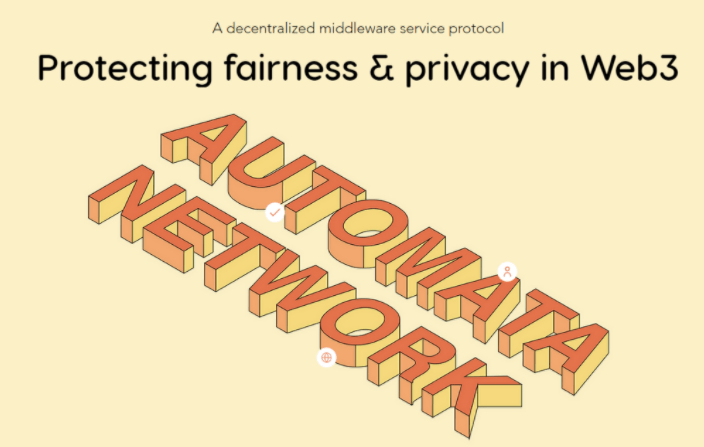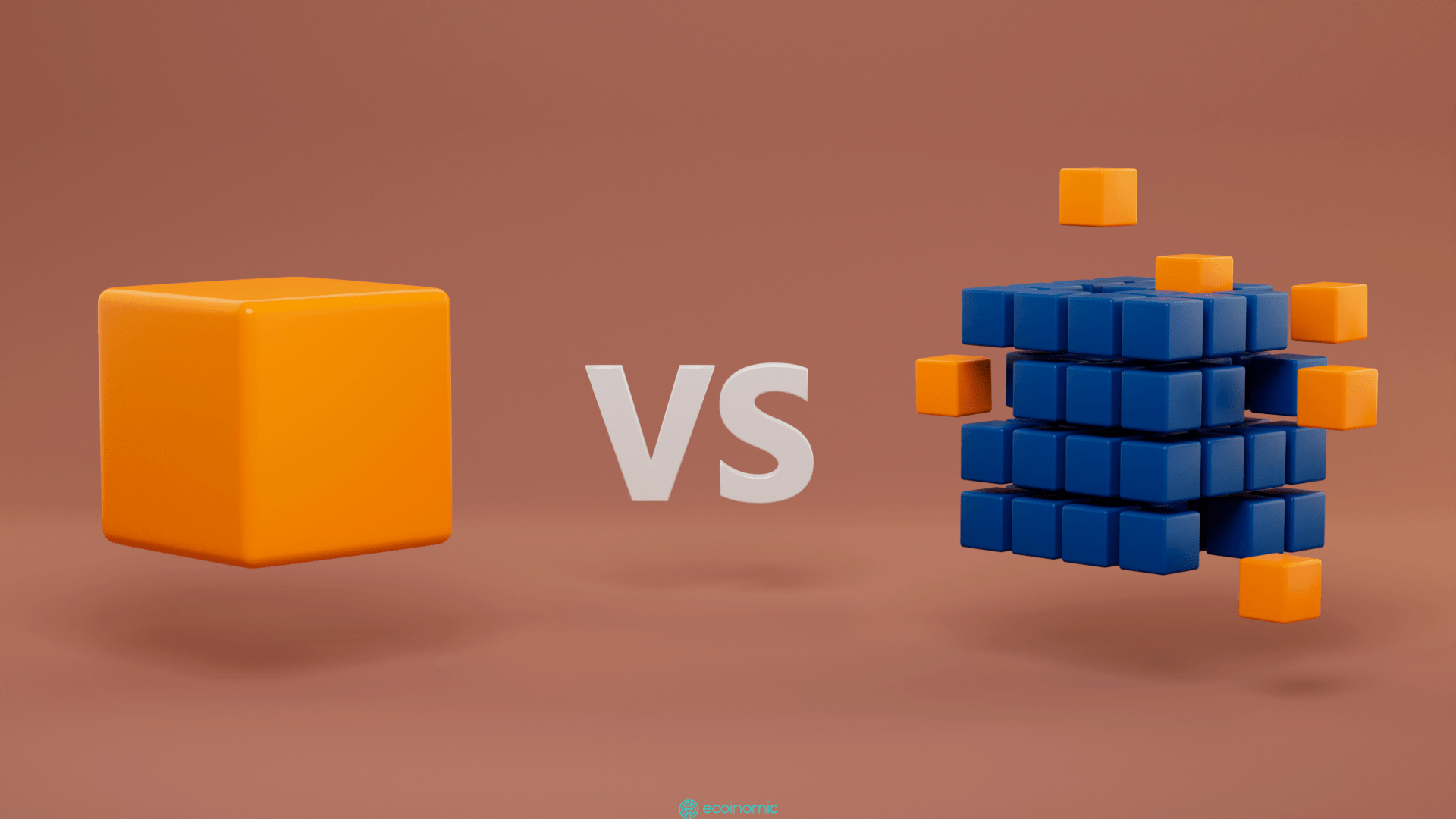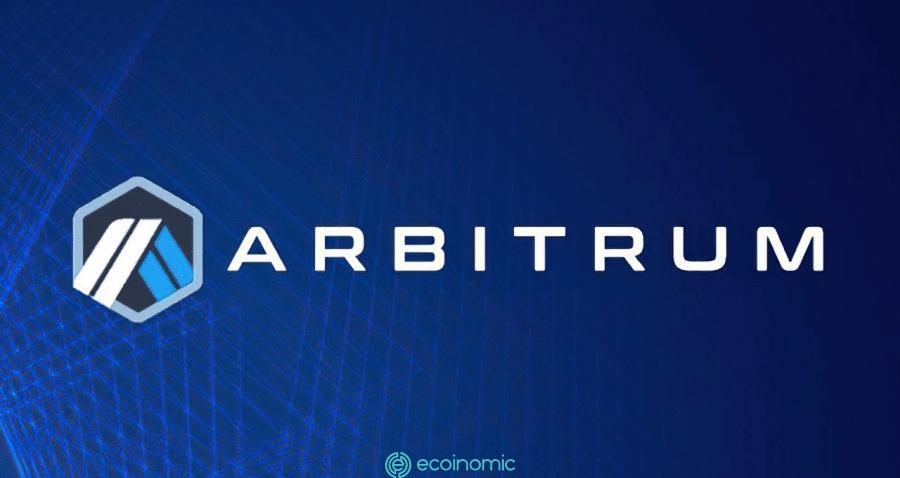Advertisement
What is a smart contract?

Smart Contract (or Smart Contract) is the term that describes a special set of protocols capable of automatically implementing agreements between the parties in the contract using blockchain technology. Simply put, Smart Contract is a pre-coded software that operates on the principle of “if… then …” of programming, which aims to automate the use or sale of digital assets on the Blockchain.
For example, it is easiest to visualize is with items in the Blockchain Application Game. Now items, characters, with ownership of NFT can be easily purchased and sold.
You’ll be wondering: What’s the difference between this? Don’t I still buy items in that game?
Wel, actually, more than that!
In the past, when there was an item of equipment I wanted to buy from another player, I would be stuck with the question: Did he transfer the item to me first, or did I transfer the money to that person first?
- What if I’m done transferring the money to the other person, they disappear and don’t transfer the item to me? In the vast cyberspace, I can’t tell who’s behind Avatar?
- They don’t even know who I am and transfer the equipment in the game to me first? They’re afraid: what about the transfer of equipment and I’ve lost my money?
Therefore, every transaction on the Internet must depend on the goodwill and beliefs of two strangers who do not know each other, and if any party decides to flip, the other is definitely the disadvantaged.
And now you understand (a small corner) the benefits of smart contracting. If a game developer applies blockchain to its product, players will be able to freely buy and sell and exchange items with each other without taking any risks to the reputation (identity) of the partner.
This foundation brick ushers in a new era for the $180 billion gaming industry in 2021: GameFi (Game and Finance)
Related: What is Play-to-Earn (Play2Earn)?
Now, in-game currency is not only used for exclusive in-game offers, it also acts as regular currency and can be freely traded on cryptocurrency exchanges. Players can make money (or any coin they need), the Play to earn era was born.
Smart contracts enable the execution of reliable transactions without an intermediary, allowing businesses to interact with enhanced legal stability and efficiency.
Smart contracts allow business parties to access and manage tokens for any type of business audience on a transparent digital ledger that is distributed to all parties and requires consensus for updates.
If done correctly, Smart Contracts will provide additional benefits compared to traditional legal contract mechanisms, such as enhanced security, real-time monitoring and compliance, and fewer checks. All these advantages combined will significantly reduce costs and speed up transactions between businesses as the parties can reach an agreement, formalize it in the contract, thereby executing it earlier and more cost-effectively than in the past.
In particular, Smart Contracts can reduce organizational bureaucracy and bring more transparency than traditional contracts by establishing a decentralized autonomous organization (DAO) that manages Smart Contracts independently.
Similar to traditional contracts, smart contracts can be applied for a variety of purposes in industries such as telecommunications, banking, finance, insurance, education, media,.. establish agreements or run crowdfunding projects.
The origin of smart contracts?
The concept of Smart Contract was first introduced in 1994 by cryptographer Nick Szabo, who created the fake cryptocurrency in 1998. Szabo has defined it as a computerized transaction log that enforces the terms of the contract.
However, it wasn’t until the Advent of the Ethereum network two decades later that smart contracts began to work hard. Unlike Bitcoin, Ethereum is not only a repository of digital value but the platform has served as the common home for tens of thousands of new projects, first the ICO boom of 2017 and now the decentralized financial wave in 2020 (DeFi) applications running on the Ethereum network in the form of ERC-20 tokens and Contracts. clever.
How does a smart contract work?
Smart contracts can operate on their own, interact with other smart contracts, and even connect to external data sources through the use of oracles such as Chainlink (LINK) and Band Protocol (BAND). For example, a series of Smart Contracts can be set up to create full network autonomy, in which each contract will only automatically execute if the previous contract has been signed.
The requirements required to create a Smart Contract:
- Contract subjects: Stakeholders listed in the contract must grant access to the Smart Contract so that they can automatically lock or unlock as needed.
- Electronic signatures: Similar to traditional contracts, even smart contracts require signatures to confirm the consent of the terms of agreement in the contract. It takes personal keys (electronic signatures) for the contract to be implemented.
- Contract terms: In the smart copper box, the terms are understood as encrypted strings of operations and the parties must accept these terms.
- Decentralized Platform: The completed smart contract will be uploaded to the blockchain of the respective decentralized platform as well as distributed to Nodes on that platform.
Smart Contract Security
Smart contracts can use a combination of trusted encryption and security tools such as HTTPS and SSL certificates, and are also often subject to third-party inspection to ensure their safety. The rapid rise of DeFi in 2020 has created a series of new protocols that have largely not been tested, are introduced into the living environment and are not properly tested. As a result, by 2020, hundreds of millions of dollars will be lost by investors due to hacking, Phishing and software bugs.
The disadvantages of smart contracts
- Legality: because smart contracts are not currently regulated and protected by law, if an error arises, users will not be protected rights.
- Implementation costs: Although it saves intermediaries, to create a Smart Contract requires some money to pay for the infrastructure system, computers and experienced programmers.
- Risks from the internet: Basically, Smart Contracts will be extremely secure if not exposed sensitive information or not for hackers to find vulnerabilities. Anything related to the internet would be at general risk of being hacked.
Related: Binance Smart Chain (BSC), Binance Chain and BNB Chain. What’s the difference?
















